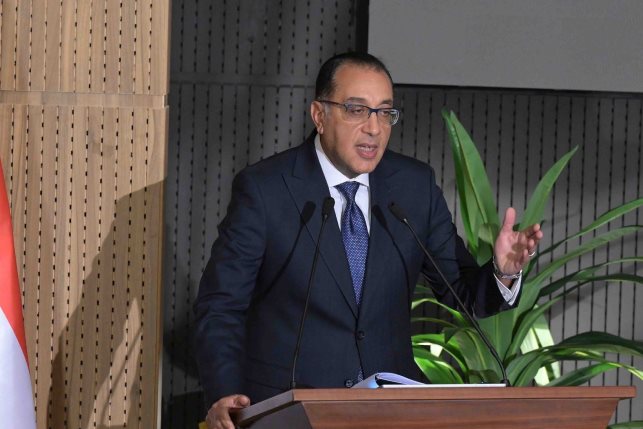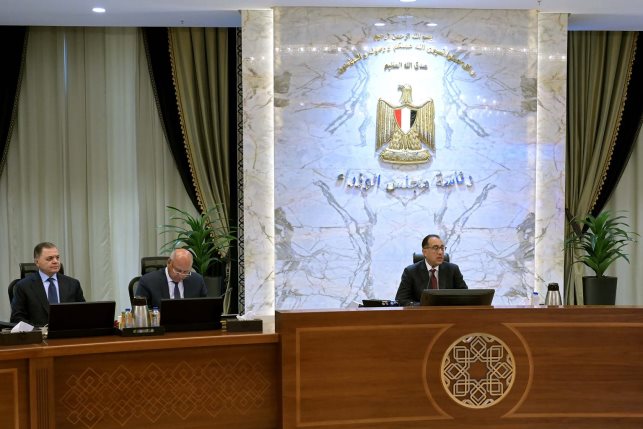Egypt should implement phased devaluation in short-term | Morgan Stanley
Morgan Stanely suggested that, rather than a free float, Egypt implement a “phased devaluation of the pound in the short term, rather than a complete floatation of the exchange rate”

Egypt will complete its economic reforms soon with expectations that it will renew its privatization or debt reduction efforts after the presidential elections, Morgan Stanely projected in its latest research note according to Ashraq Business.
Morgan Stanely suggested that rather than a free float, Egypt implement a “phased devaluation of the pound in the short term, rather than a complete floatation of the exchange rate”.
The potential impact of economic policy on the cost of living and the fiscal deficit, as well as the potential of additional funding from multilateral and regional partners, are some of the most significant factors that will influence decisions related to exchange rate policies, the investment bank explained.
Traders in the financial derivatives market are predicting that Egypt will be pressured to let the EGP fall another 40% in 2024, which would place the EGP at around 50 per USD.
The Egyptian pound has survived multiple devaluations since March 2022, losing around half of its value against the USD.
Morgan Stanley believes that “a phased adjustment (of the pound exchange rate) to levels below the current parallel market rate is likely appropriate in the short term, once focus returns to the economy after the end of the presidential elections,” wrote Ashraq Business.
A potentially expanded support package from the International Monetary Fund (IMF), along with additional regional and multilateral financing, will push some modest recovery in foreign flows, according to the report.
With a renewal in efforts to sell state-owned assets and reduce debts, the investment bank believes that the IMF will boost its loan to Egypt from $3 billion to $5 billion.
Yet, if the temporary adjustment or devaluation does not foster a permanent free or managed float, the investment bank believes that pressure in the black/parallel market and on Egypt’s reserves will return.
It also projected global financial conditions to ease soon, bringing in fresh multilateral financing and encouraging the adoption of further gradual flexibility regarding the exchange rate, which would lead to attaining macroeconomic stability in Egypt.





